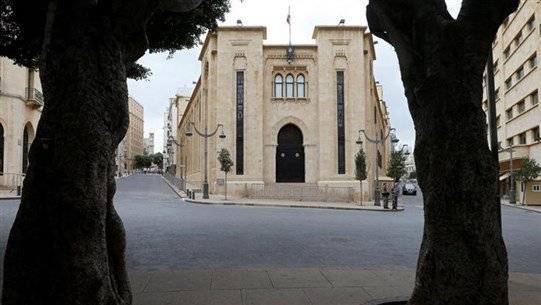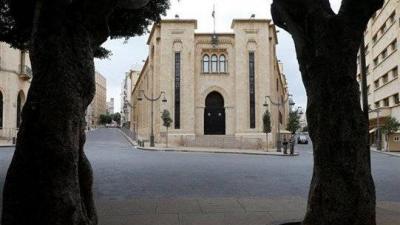It does not seem that the opposition forces will easily be able to unify their ranks regarding the presidential file, as the division characterized their positions during the presidential election session held last Thursday. This division is likely to continue in upcoming sessions due to the widening gap between them. Opponents are split between those who believe the priority at this stage is to rally around the candidacy of "Independence Movement" leader Michel Moawad, and the "Change" MPs who reject this nomination and advocate for a "consensus" candidate who they believe Moawad does not represent.
During Thursday's session, the opposition forces divided into three groups: the first group included the "Lebanese Forces," the "Phalange," the "Progressive Socialist Party," and several independents who voted for Moawad, who received 36 votes. The second group, the "Change" MPs, comprising 11 lawmakers voting for businessman Salim Adaya, while 12 Sunni MPs cast invalid ballots. Ahmed Al-Khayr, a member of the "National Moderation" bloc, responded regarding the lack of votes for Moawad, stating he is "not a consensus candidate and cannot be elected."
According to information from "Asharq Al-Awsat," Moawad has begun serious efforts to convince all opposition components to support his candidacy, currently focusing on Sunni MPs in the "National Moderation" bloc and other MPs, while it does not appear that channels have reopened with the "Change" MPs. Moawad is putting the final touches on his "presidential program."
Ibrahim Mneimneh, an MP in the "Change" bloc, indicated that they have not met after Thursday's session to evaluate the results and build upon them for the next phase. "What is certain is that we cannot proceed with a candidate that contradicts the criteria of our presidential initiative, particularly regarding economic issues," he mentioned in a statement to "Asharq Al-Awsat," noting that "Moawad's economic vision contradicts ours, especially concerning banks." He added: "We understand that other opposing forces are raising certain names to reach a particular compromise, while our initiative is clear. We seek to be transparent with the people, especially since the current situation does not allow for maneuvering amid the ongoing collapse. What we are aiming for is any candidate capable of gathering the necessary votes to win and ensuring the required quorum."
Lebanese Forces leader Samir Geagea considers that "the parliament today has two parts; the first with the 'Resistance Axis,' meaning the current authority with 61 MPs, and the second part consisting of the other 67 MPs." The election of a president in Lebanon requires the attendance of two-thirds of Parliament members at his election session, which means 86 out of 128 MPs. Constitutionally, electing him in the first round requires a two-thirds majority, while a simple majority suffices in subsequent voting rounds. Thus, 43 MPs can disrupt the quorum needed for the election.
Both the pro-Hezbollah forces and the opposition have the potential to form a bloc of 43 MPs capable of disrupting the quorum, but neither Hezbollah nor its allies nor the opposition have 86 votes to secure the election of a candidate not approved by the other side. Nevertheless, the "Lebanese Forces," "Phalange," and "Progressive Socialist Party" are still committed to supporting Moawad's candidacy. In this context, sources from the "Lebanese Forces" told "Asharq Al-Awsat" that "channels of communication with other opposition components were reopened immediately after the first election session in support of the candidate who garnered the majority of opposition votes and whom we consider as the most suitable option due to possessing two essential attributes: sovereignty and reform." They emphasized that "claims that Moawad is provocative are rejected; he is an MP with his stances and history in national and political work and principled approaches, unless they consider that anyone principled is provocative." The sources added: "Our priority at this stage is for Moawad to gain further support and unify the opposition ranks around him because we believe it is a mistake to return to square one; we must build from the 40 votes secured for Moawad, considering the entry point for discussing any other entitlement is the presidency, because if a president from March 8 reaches power, it will automatically mean the formation of a government from these forces."
Change MP Mark Douai clarified that the "complex" negotiations among the political forces revolve around a comprehensive basket that transcends the presidential entitlement, extending to the presidencies of the Republic and the government, as well as the upcoming government, reaching to the governorship of the Central Bank of Lebanon.




